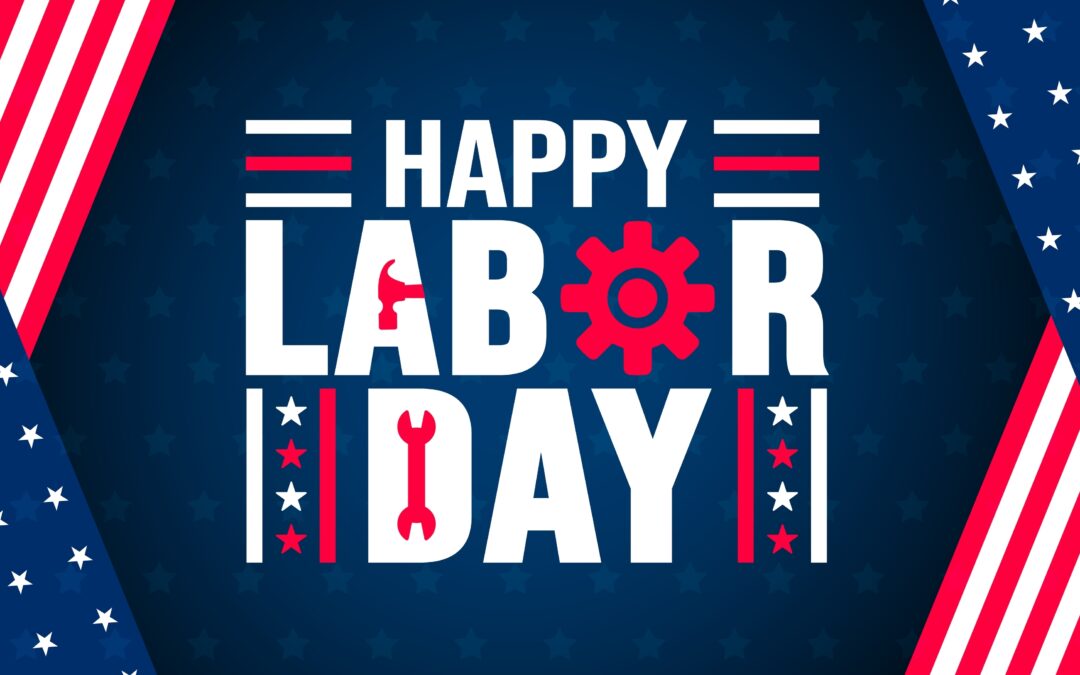Labor Day is a holiday many of us look forward to—a final summer cookout, a day off work, and a chance to unwind before the fall season kicks into gear. But how often do we pause to reflect on the true significance of this day? Established 130 years ago, Labor Day was not just about a break from work; it was a hard-won victory for workers, particularly union members, who fought tirelessly for rights many of us now take for granted.
The origins of Labor Day are deeply rooted in the labor movement’s struggle for fair working conditions. Back in the late 19th century, workers toiled long hours in unsafe environments with little to no recourse. The push for an eight-hour workday, safer workplaces, and reasonable pay wasn’t just a battle for better conditions—it was a fight for dignity and respect in the workplace. Thanks to the labor unions, what was once a grueling, exploitative work culture transformed into something that recognized the value of human labor.
But the benefits of those early labor victories extend far beyond union workers. Today, every employee, regardless of their industry or union affiliation, reaps the rewards of those struggles. The 40-hour workweek, weekends, workplace safety standards, and anti-discrimination laws are just a few examples of the legacies we owe to the labor movement.
However, the concept of job quality has evolved since those early victories. It’s no longer just about limiting hours or ensuring safety; it’s about the entire employment experience. According to Results for America, a non-profit organization dedicated to driving evidence-based policy change, job quality can be defined by eight principles, which fall into three broad categories: job necessities, job opportunities, and job features. These principles ensure that a job is not just a paycheck but a fulfilling, sustainable career that supports a worker’s overall well-being.

So, what exactly makes a job “good” today? The U.S. Department of Commerce has taken a comprehensive approach to this question. They suggest that job quality is a combination of factors—pay and benefits, of course, but also workplace safety, health, employee voice, scheduling predictability, and opportunities for skill-building and advancement. Job quality is about creating an environment where workers feel valued and have the tools they need to succeed.
As we celebrate Labor Day, it’s a perfect time to reflect on these principles and how they apply to our work environments. Whether working in a small business, a large corporation, or any other setting, consider how your workplace aligns with these job quality principles. At TPMA, for example, these concepts heavily influence our strategic planning. We’re not just focused on the bottom line—we’re committed to creating a work environment that fosters growth, safety, and a sense of belonging for all our employees.
So, as you enjoy that last barbecue of the season, take a moment to consider the legacy of Labor Day. It’s not just about a day off; it’s about recognizing the ongoing efforts to improve the quality of work for everyone. The fight for fair labor conditions didn’t end with the establishment of Labor Day—it continues today in the pursuit of job quality for all.
Author: Vicki Thompson, Senior Advisor, Education & Workforce Strategies

